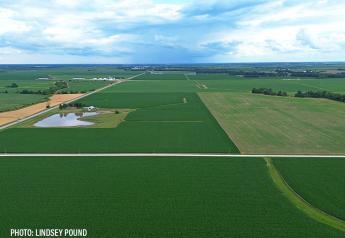Bagging the Tomato King: The Insane Hunt for Agriculture’s Wildest Con Man
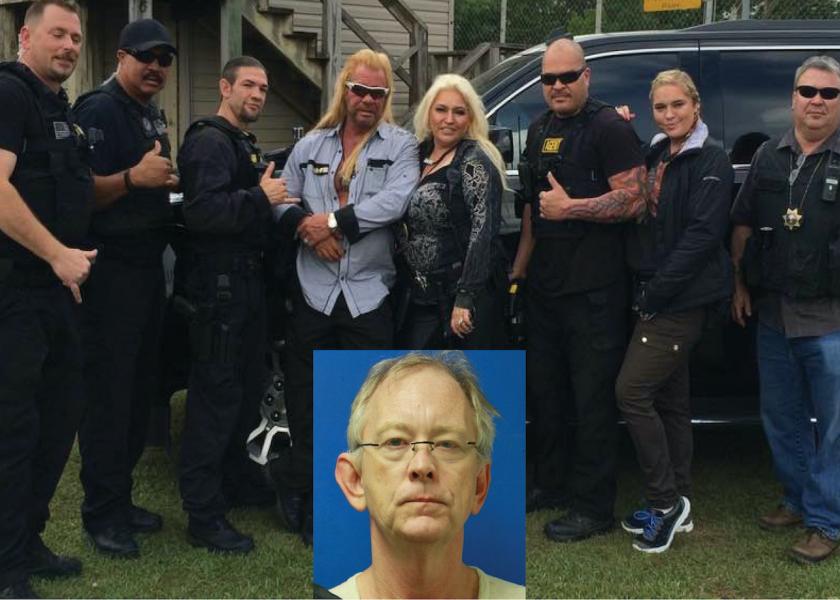
The hardest creature to hunt is human. Six hundred and fifty miles from his red-dirt home, following a month-long trail of busted leads and hollow tips, Bill Honea stood in the shadows outside a central Florida hotel, waiting with the patience of a stone. Hidden beneath casual cover afforded by a t-shirt and blue jeans, Honea, a renowned U.S. bounty hunter, was within minutes, and 100 yards, of capturing Jamie Lawhorne, one of the most infamous con artists ever to crash into U.S. agriculture.
At the tail-end of a bizarre chain of ag crimes, Lawhorne was on the cusp of launching an outlandish Ponzi scheme—astoundingly, his third agriculture-related pyramid in a mere two years. Silver tongue or seared heart, Lawhorne, a pied piper who bilked hundreds of growers for an approximate $3 million haul by floating evergreen promises of perpetual tomato and worm buyback profits, was about to pull the trigger on a cucumber heist—audaciously while on the lam.
As a nationwide manhunt for Lawhorne dragged across a month-long span, Duane “Dog the Bounty Hunter” Chapman turned over rocks in the West, while Honea beat the bushes and cold-nosed tracks in multiple states across the Southeast, culminating in a Florida stakeout 20 miles north of Orlando in Lake Mary, at the Candlewood Suites hotel, on Feb. 22, 2015.
Despite enough bravado to stir echoes of P.T. Barnum, Lawhorne, in room 310 of the Candlewood, had no inkling his buck-wild charade was in its final act. Just after 6 p.m., Honea, concealed body armor in place, entered the hotel with a single objective: Bag the engineer behind some of the wildest swindles in agricultural history.
Same Old Song
Lawhorne’s traveling grifter show was in full swing years before he discovered agriculture’s soft belly, with shady stints related to robo-call scams, miracle juice, dietary supplements, survival bunkers, and a near two-year stay in federal prison during the mid-90s for “conspiracy to defraud the United States.”
In early 2013, Lawhorne launched Cypress Creek Organic Farms in Hampton Cove, Ala., southeast of Huntsville. The pitch to prospective producers was fanciful, but relatively simple: $25,000 to $40,000 of income per year growing organic tomatoes. For a one-time fee of $9,950, “affiliates” were promised a greenhouse (100’ x 20’ high tunnels covered in plastic sheeting), 100 hours of training, buyback of all tomatoes at organic market value, daily pickup of product, free provision of organic seedlings each year, and guaranteed USDA organic certification. Major grocery chains (Publix, Bruno’s) were contracted and waiting to gobble up every tomato Cypress Creek could procure, according to Lawhorne. In just over six months, the sweet spiel attracted more than 250 Alabama and Tennessee growers and $2.2 million.
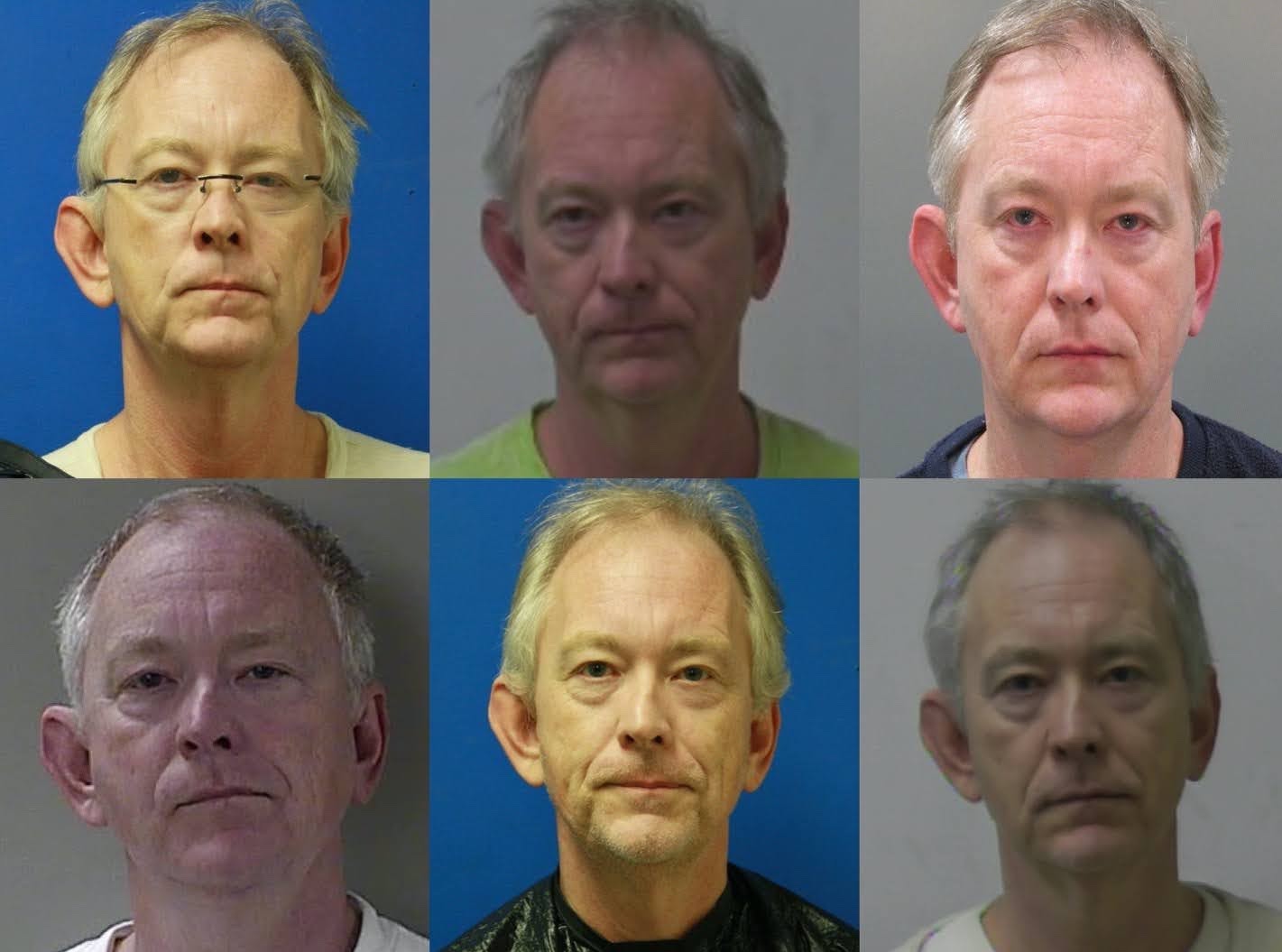
Lawhorne recognized the power of image and reputation, and attempted to lure Dr. Rick Snyder, a nationally reputed Mississippi State University Extension professor with a specialty in vegetables and greenhouse tomatoes, onto the board of directors at Cypress Creek. Snyder, who wrote the go-to text of tomato production, Greenhouse Tomato Handbook, saw past the shine of Lawhorne’s hustle, and helped prevent Cypress Creek from spreading into Mississippi. “I’ve never encountered a fraudster like him and he didn’t come across as a pathological liar,” Snyder recalls, “but when I looked at the details of what he was claiming, the whole story fell apart. I get approached almost every year by someone with lofty greenhouse tomato plans backed by investors, but Lawhorne is the only one who actually targeted the growers to take advantage of them.”
When the buyback promises collapsed and a baying local media descended with mounting questions, Lawhorne skipped town on 250 incensed affiliates, and surfaced several months later barking a brand new deal and sporting an alias—Jim Gilley—450 miles away in Concord, N.C.
Gone were tunnel tomatoes, replaced by red worms. Gone were “affiliates,” substituted by “associates.” Gone was Cypress Creek, replaced by WormzOrganic. Otherwise, it was the same saccharine song: For $4,950, an associate signed a 10-year contract guaranteeing buyback of all worm castings and red wigglers at market prices: $8.25 per sack of castings and $9.30 per pound of worms.
A few months and 100-plus outraged associates later, the worm pyramid toppled on July 3, and Lawhorne beat a retreat out of Concord, but was pinched eight days later for DUI in South Carolina, and eventually transported to Alabama to face Cypress Creek charges. On Oct. 31, Lawhorne was indicted on 24 counts of illegal activity related to the tomato caper. One month and a half after the indictment, Lawhorne would waltz into Bill Honea’s bail bonds office. Two and a half months after the indictment, Lawhorne would again be on the run, ready to strike up the grifter band and set up shop as a cucumber con man. (For more on Lawhorne’s bizarre run of scams, see Breaking Bad: Chasing the Wildest Con Artist in Farming History)
Parts Unknown
“I thought Lawhorne was a low-risk flight guy the first time I met him,” Honea recalls. “At first, he seemed like a classic scoundrel that you get along with, but hate. He was a guy motivated in business by all the wrong reasons, and a guy who would rather do wrong than right.”
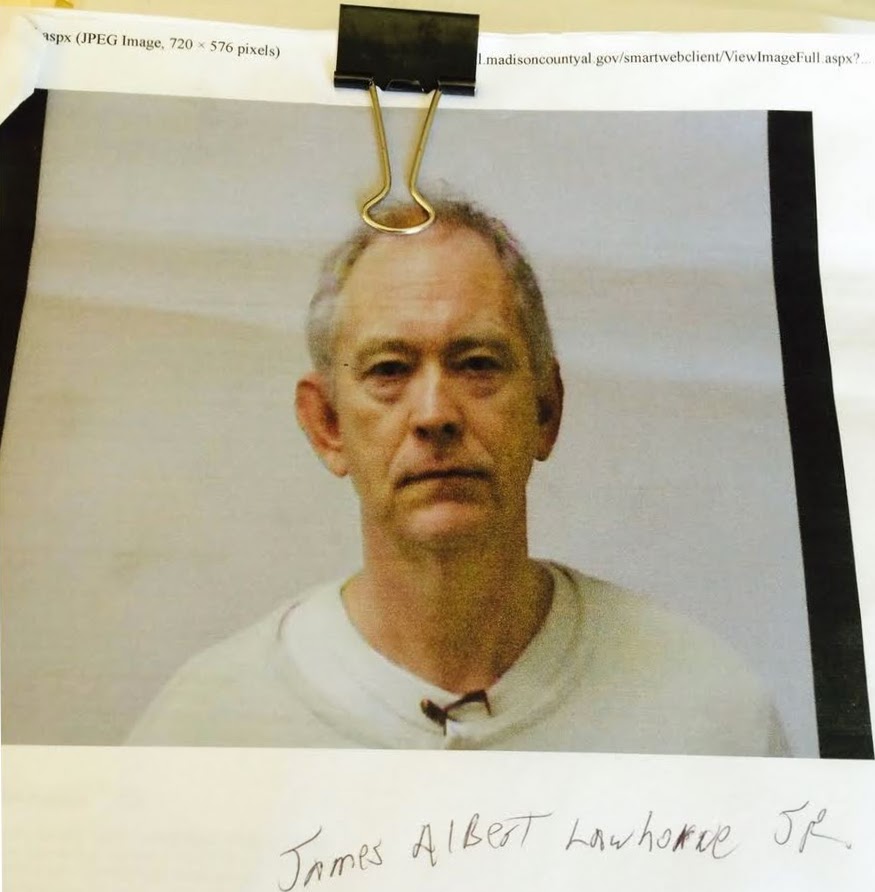
Initially, bond was set at $600,000, but when an Alabama judge dropped it to $100,000, Lawhorne posted bail (backed by family money and property) via Honea’s #1 Bail Bonding of Alabama, and was released on Dec. 19, 2014, with a state monitoring bracelet fastened around his ankle and a confinement zone limited to his mother’s house in Bridgeport, 70 miles northeast of Huntsville.
Less than a month after posting, Lawhorne cut through the nylon straps of an electronic monitoring device on Jan. 17, 2015, and boarded a bus for parts unknown. Three days later, Honea’s cell rang with a tip: Lawhorne and $100,000 had bounced.
Dog the Bounty Hunter
“I very seldom get personal, but I feel like I’m an officer of the court and I’m viewed that way in many states,” Honea explains. “I take the privilege to write bail very seriously, and I hold myself and my agents to the highest standards. When Lawhorne jumped, I had 100,000 reasons to go get him, but I knew catching him was also about making sure his victims had a day in court.”
By jumping, Lawhorne made a severe miscalculation that would boomerang four weeks later: He didn’t account for the expertise and reach of Honea. Past president of the Alabama Bail Bond Association and member of the National Bail Bonds Association, Honea’s net trawled deep across the Southeast and beyond. Further, Honea was an associate and long-time friend of Dog the Bounty Hunter and Beth Chapman, having appeared with the couple in an episode of the 2013 television series: Dog and Beth: On the Hunt.
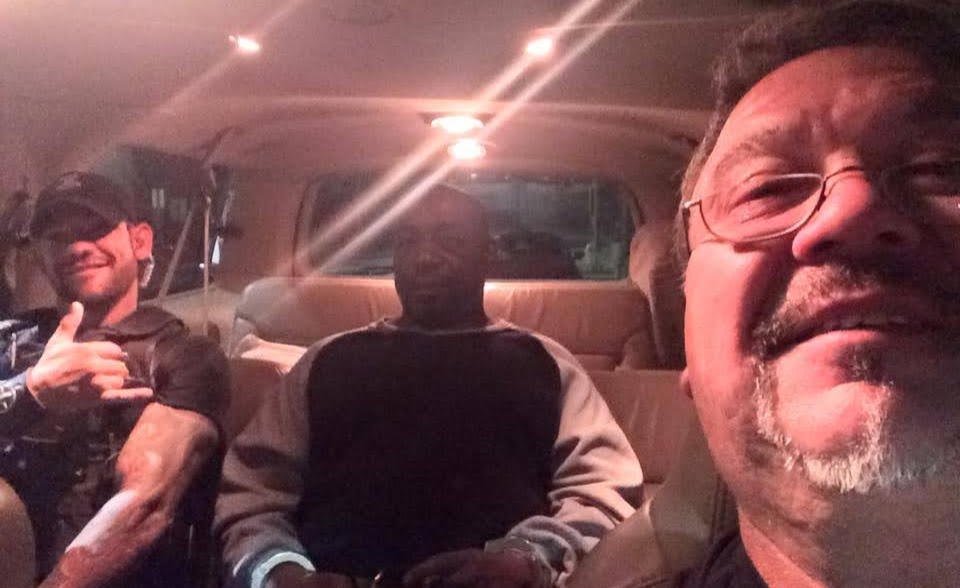
Dog Chapman doesn’t hide his respect for the Alabama bondsman, and is quick to give credence to Honea’s bonafides: “Bill Honea has apprehended so many people over the years because he’s just one of these rare guys that has what it takes and he has so much knowledge about law enforcement. I’d say Bill is one of the best in this business not just in the United States, but he’s in the top echelon across the world.”
When Lawhorne pitted his cunning against Honea’s savvy, it was a matchup that teased the odds. Across Honea’s 27-year career, only three jumpers have escaped—and each was toe-tagged with a significant caveat. One was believed by U.S. marshals to be dead; a second was chased by Honea to Mexico and nabbed by the Drug Enforcement Agency (DEA); and a third was a member of the notorious Gambino crime family.
“I’ve never claimed to be the best in the industry,” Honea says, “but I was going to catch Lawhorne. He could run and he could hide, but when the clock struck midnight, I was going to be standing beside him.”
A Cold Trail?
Honea began the search by shaking the tree in Bridgeport, picking up the severed ankle monitor, and interviewing Lawhorne’s mother. According to Honea, she told a dubious tale: After Lawhorne claimed (falsely) to have been granted travel permission by a probation officer, she dropped him off at a bus station outside Huntsville. End of story.
“I knew he was gone and not coming back on his own,” Honea remembers. “I didn’t come up with anything at the bus station, so it was immediately obvious this was going to be slippery. We got warrants in place, made sure he was in the FBI system in case he was apprehended in another state, and started checking for aliases. You tick off basic questions to cut down the angles. Where could he run? What is his personality? Is he willing to skip out and cost his father $100,000?”
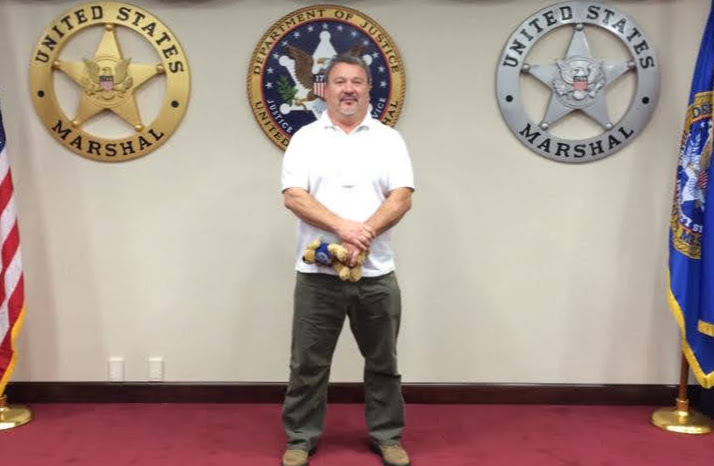
Despite starting blind, Honea received a flood of tips after throwing out feelers in the Southeast and putting Dog Chapman on the lookout. “The tips came from everywhere and so I had to go everywhere. Most people are like cattle or deer and take the path of least resistance. I knew he’d want to keep up his lifestyle. Dog was looking for Lawhorne out West, and I started checking at his family’s homes. Some of the encounters were pretty rough and we had to bring in police.”
Honea interviewed scam victims in Alabama, North Carolina and Tennessee, trying to find overlooked details. Incredibly, Lawhorne had telephoned multiple Ponzi victims and asked for money, insisting he was still owed additional sums from the buyback contracts.
“He was somewhere and I just had to wait. Weeks were going by. The judge wasn’t happy. I wasn’t happy. Basically, I was looking night and day.”
Over 3,000 tips (even from international sources) poured in via phone and social media, and placed Lawhorne’s presence in a wide range from Atlanta to Las Vegas. “People always want to know where tips come from,” Honea says. “Really, it’s everywhere, including family. Everyone has friends, family and acquaintances and those relationships leave deep tracks. Who is lying? Who is covering? It gets very tangled.”
Motels, abandoned houses, bus stations, and police departments, Honea hit the pavement and tightened the net, confident the activity would flush his fugitive from hiding. Honea spent days staking out Lawhorne’s relatives in Nashville and Sand Mountain. But…no Lawhorne.
Honea checked in with Dog Chapman, hoping for a new angle and fresh perspective. “Especially when we’re dealing with high-profile or dangerous individuals, Dog and I call each other often. Why? We ask, ‘What am I missing about this skip?’ We never let our pride or ego get in the way. All the guys involved in this business bring something to the table and we listen to each other. The small details always matter. Always.”

Truly, the small details. Another morsel of obscure information lost in the pile. One more wafer-thin lead. On Feb. 20, Honea’s cell rang with a tip: Lake Mary, Fla.?
Along with another bail agent from his team, Honea geared up with an FN 303 riot gun, bulletproof vest, cuffs, shackles, multiple cannisters of pepper spray, and an extensive amount of additional equipment, and the pair hit I-75, bound for Lake Mary—after notifying Florida authorities. “I was driving a vehicle that fit the situation, and that may be different each time. In this case, I made sure we didn’t attract any attention. Everybody wants to be safe at end of the day and I don’t want to hurt anybody. I didn’t know if Lawhorne would resist or fight. I didn’t know if there were children, schools or families around. We had to move fast and then research before moving in. Otherwise, we’d be liable if things went wrong.”
Hardest to Hunt
Once in Lake Mary, Honea began poking around, and almost immediately caught scent of Lawhorne’s trail. To Honea’s surprise, Lawhorne already had the framework built for another Ponzi: “I got hold of flyers advertising a business called Pockles Pickles looking for investors. Growers would produce the cucumbers and get paid by Lawhorne, very similar to what he did with tomatoes and worms. Everything matched up and I knew he was close—very close.”
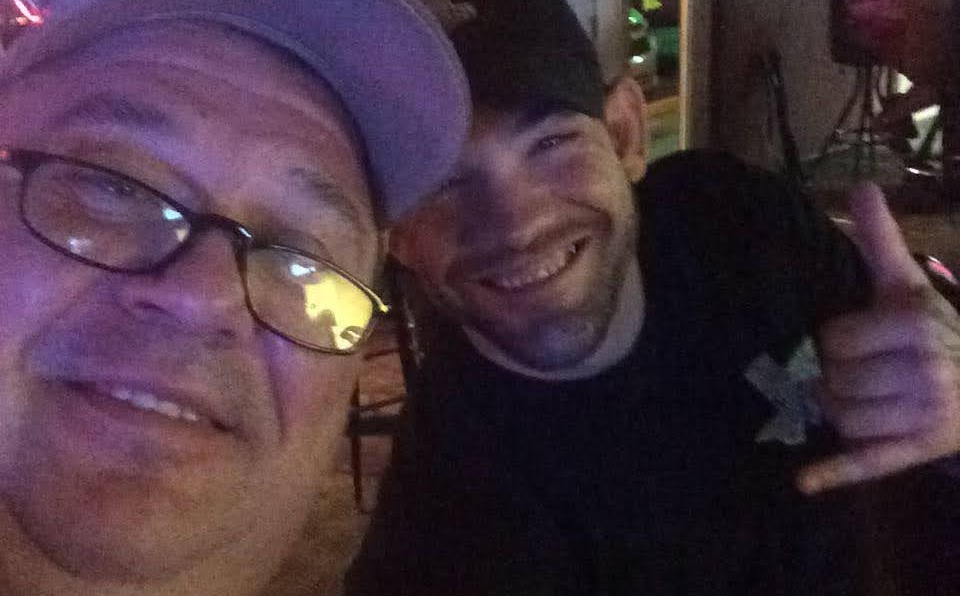
After a buy-in investment just under $5,000, Pockles Pickles growers would receive seed, fertilizer, containers, and more, along with a 10-year contract and an attractive $30,000 per year profit possibility. At its core, the cucumber/pickle fleece was taken almost directly from the tomato and worm template.
“I talked with some Lake Mary real estate guys and found a warehouse Lawhorne was leasing that was fixing to open,” Honea explains. “He actually had a team hired with a couple of legit people to make himself look clean. It was almost a repeat of the other scams. We got information about package deliveries and addresses, and knew we were right on top of him. It only took a few questions to a couple of key people, and they recognized his picture. We were closing fast, but it’s tricky keeping everything quiet 24 hours before you make an arrest.”
With addresses, additional tips, mail, and photo confirmation, Honea cranked up one final stakeout outside the Candlewood Suites, positive of Lawhorne’s presence. “Bushes, woods, cars, old houses, restaurants, sleeping several nights with homeless people, and you name it, I’ve been on every kind of stakeout imaginable. No matter how simple it looks, nobody is caught until they’re caught. The hardest thing you hunt in life is a man, because he’s smarter than any animal.”
How’d You Find Me?
In balmy Florida temperatures still clinging to the low 70s, Honea made his move, entering the Candlewood Suites hotel on 1130 Greenwood Boulevard, as his assisting agent entered from another door, in a two-pronged pursuit of Lawhorne residing on the second floor. Already having eyeballed Lawhorne on the day of the bond, Honea’s memory bank was locked in on a 53-year-old male with a nondescript figure—medium height, slight build, and balding gray hair—the pedestrian traits of a blender who could melt into the crowd.
Reaching the second floor before Honea, the assisting agent encountered a fully-clothed Lawhorne walking down the hall, bull-rushed the fugitive, and slapped on the cuffs. Textbook. Lawhorne never had the slightest clue of Honea’s presence. “He dropped his head and the confidence was gone. He had no idea and was in total shock. He’d never seen me since the day I bonded him out. Over and over, and it seemed like a thousand times, Lawhorne kept asking me, ‘How’d you find me? How’d you find me?”
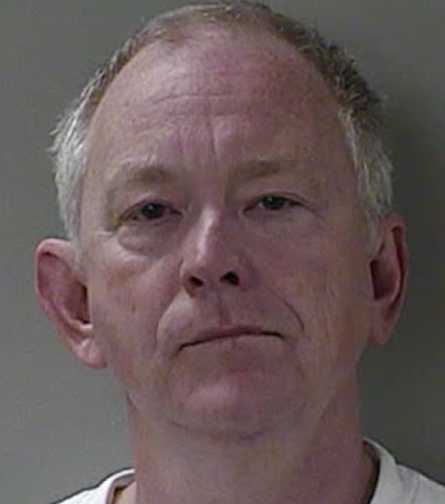
Honea walked Lawhorne outside and gave him a cigarette, as police (summoned by Honea) searched the hotel room and gathered evidence. From Lake Mary Officer Les Crawford’s official police report: “On 2/22/15 at approximately 1834 hours I, PFC. Crawford responded to the business of the Candlewood Suites in reference to a request by Bill Honea, a bonding agent from the state of Alabama. Upon arrival at the hotel/motel, I made contact with Mr. Honea who advised there was a subject by the name of James Lawhorne inside the building with a warrant out of Alabama. Honea stated that Lawhorne had failed to comply with his bond conditions and he would be taking him into custody…Within a matter of minutes, Honea and his partner exited the building with Lawhorne in shackles. Honea searched Lawhorne and provided this officer with two Alabama licenses that bore Lawhorne`s likeness but not his name.”
Lawhorne admitted his true identity to police, despite possessing two Alabama drivers’ licenses with fake or stolen identities. In the associated Lake Mary police report, all license identification is redacted, but one of Lawhorne’s license aliases was evident, according to Honea: “He was running the scam business, Pockles Pickles, under the name, ‘Jamie James.’”
Among an assortment of items located in room 310, police found two laptops, an assortment of computer related equipment, and remarkably concrete evidence revealing Lawhorne’s brazen intentions for a surreal cucumber emporium: two boxes of freshly emblazoned business cards for Pockles Pickles.
Tiger by the Tail
Cuffs removed and replaced with a transport belt (hands in the front), Lawhorne was buckled into the front passenger seat of Honea’s vehicle, with the assisting agent sitting directly behind, and Honea behind the wheel.
All in, factoring fuel and bathroom breaks, Honea knew he was in for an approximate 12-hour ride north to Huntsville. However, he didn’t realize Lawhorne would spout tales every mile of the ride, recount his criminal exploits across a 30-year window, or attempt to escape by bribing the same agents responsible for his apprehension. In short, Honea had a “tiger by the tail” and was only just waking up to the background of his passenger.

“I was in that vehicle for hours with him and I literally can’t remember all the stories he told about crime. He started in about being hooked up with all sorts of bad people and kept on, from check-scamming cons to money laundering to buying a $500,000 stolen boat with a check forged with the U.S. Secretary of Treasurer’s name to robo-calls,” Honea describes. “He stole things from the Army, did time in Leavenworth, and graduated from prison with many, many lessons on how to commit more crimes. Honestly, after I picked him up I realized he was more dangerous than I thought. I had a tiger by the tail and didn’t know it.”
Lawhorne did his best to turn Honea’s ear: “It’s kinda ironic, because Lawhorne admitted to a life of crime, but claimed total innocence related to his agriculture theft. He was banging away with all these explanations that got crazier and crazier. About halfway on the ride, he flat out tried to bribe me and promised big money within a week. Specifically, he said a lot of growers had answered the pickle advertisements and he already had a lot of money he could give me.”
“Lawhorne was one of the craziest pickups of my life and I’ve done thousands and thousands,” Honea continues. “I’ve had wild ones with Dog, and many cases stick in my mind, but I’ll never, never forget Lawhorne.”
On Feb. 23, Honea handed Lawhorne over to Alabama authorities. Five months later, on July 22, 2015, Lawhorne was sentenced to 15 years after pleading guilty to two counts of securities fraud. Less than three years later, in a red tape release related to overcrowded prisons, Alabama set free a large number of white collar criminals—Lawhorne included. Despite a chain of schemes and scams, Lawhorne walked in 2018 and is currently on probation.
Horses and Cowboys
Honea insists the role of bounty hunters in criminal apprehension is largely unrecognized by the public. “If the average person knew what we did, picking up criminals tax free, they’d be sincerely appreciative. I’m so blessed to be involved in bail bonds in this country and I take nothing for granted. I thank Jesus Christ for protecting me every day. I thank my coworkers and friends. I thank my family and my wife, Renee. If I didn’t have her, I couldn’t do anything.”
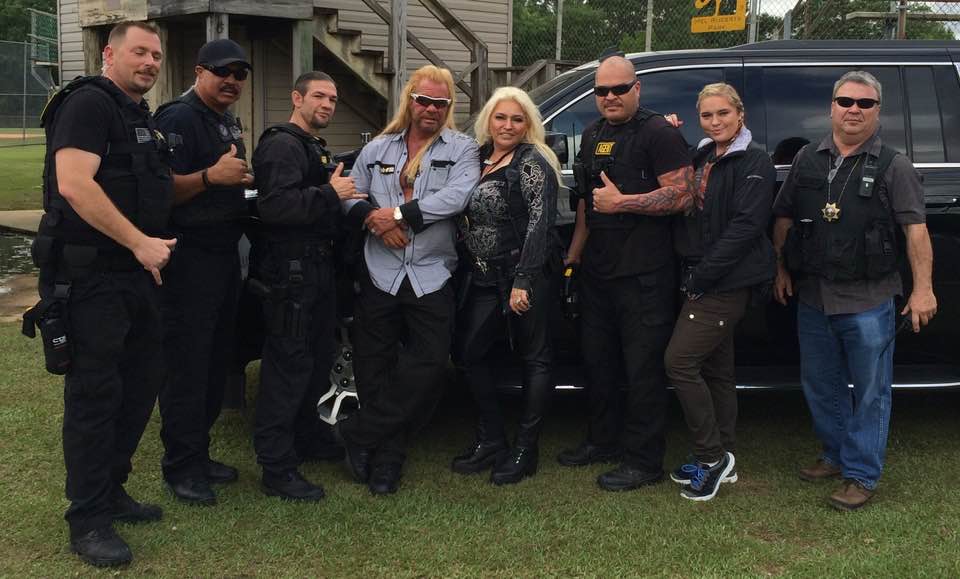
Honea’s reputation in bail bonds speaks volumes, emphasizes Dog Chapman. “As a person, Bill is a fine man and people in this business know he’s on the up and up. He’s a man of honesty and strong character, and I’d also add a great friend, father and husband.”
As for Lawhorne’s apprehension, Honea plays down his role in bagging one of agriculture’s most prolific con artists. “I’m just an old country boy, and I didn’t do anything anyone else couldn’t have done, but I did work my hardest. There ain’t a horse that can’t be rode or a cowboy that can’t be throwed.”
For questions or to read more stories from Chris Bennett (cbennett@farmjournal.com), see:
Skeleton In the Walls: Mysterious Arkansas Farmhouse Hides Civil War History
While America Slept, China Stole the Farm
Bizarre Mystery of Mummified Coon Dog Solved After 40 Years
Where's the Beef: Con Artist Turns Texas Cattle Industry Into $100M Playground
The Arrowhead whisperer: Stunning Indian Artifact Collection Found on Farmland
Fleecing the Farm: How a Fake Crop Fueled a Bizarre $25 Million Ag Scam
Truth, Lies, and Wild Pigs: Missouri Hunter Prosecuted on Presumption of Guilt?
US Farming Loses the King of Combines
Ghost in the House: A Forgotten American Farming Tragedy
Rat Hunting with the Dogs of War, Farming's Greatest Show on Legs
Misfit Tractors a Money Saver for Arkansas Farmer
Predator Tractor Unleashed on Farmland by Ag's True Maverick
Government Cameras Hidden on Private Property? Welcome to Open Fields
Farmland Detective Finds Youngest Civil War Soldier’s Grave?
Descent Into Hell: Farmer Escapes Corn Tomb Death
Evil Grain: The Wild Tale of History’s Biggest Crop Insurance Scam
Grizzly Hell: USDA Worker Survives Epic Bear Attack
A Skeptical Farmer's Monster Message on Profitability
Farmer Refuses to Roll, Rips Lid Off IRS Behavior
Killing Hogzilla: Hunting a Monster Wild Pig
Shattered Taboo: Death of a Farm and Resurrection of a Farmer
Frozen Dinosaur: Farmer Finds Huge Alligator Snapping Turtle Under Ice
Breaking Bad: Chasing the Wildest Con Artist in Farming History
In the Blood: Hunting Deer Antlers with a Legendary Shed Whisperer
Corn Maverick: Cracking the Mystery of 60-Inch Rows






